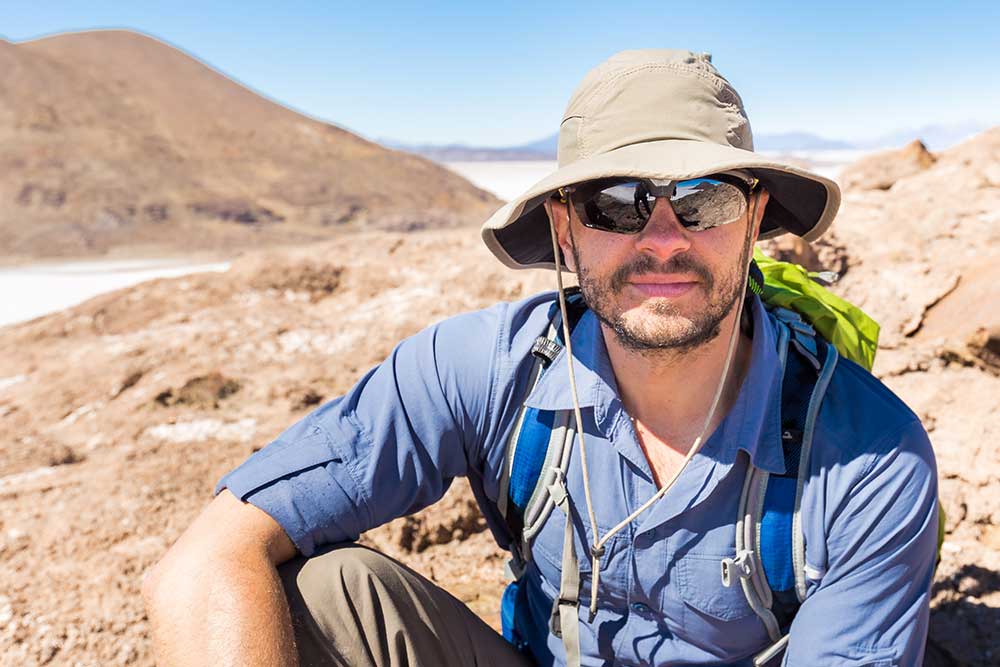All Categories
Featured
Table of Contents
Geophysicist Job Description in Watermans Bay Western Australia 2022
This work is progressively contracted out, so consultancies offer another source of work. Consultancy companies differ in size, from very small business to large multinationals. Some consultancies are rather specialised in using particular geophysical techniques or operating in specific locations, while others provide a more varied variety of services to their customers.
The extraction of gas from land fill websites is another location of employment and this may grow in the future. Expedition companies may carry out work for building companies, public utility, mining companies and ecological agencies, so geophysicists might be employed in any of these settings. Other employers consist of: geological surveysgovernment bodies and agenciesuniversities and research study institutes.


Jobs might be listed in the oil and gas sector press. Recruitment is impacted by oil rate changes and the level of competitors for positions varies depending upon this. Careers Days, which cover the full series of geoscience professions and are typically attended by a variety of crucial industry companies, are run by The Geological Society.
Geophysical Methods in Hillarys Western Australia 2020
A few of the big oil and gas business provide a complete two-year structured training program throughout the breadth of geophysics, including the chance to experience work in numerous groups prior to specialising in one area. Your training might include work on: existing wellsmagnetic and gravitational potential field data analysisresearchrock analysis. It's more usual for your initial training to be offered on the task.

There might be a probationary period during which you work together with an experienced colleague. Competency-based appraisals happen routinely in many firms. In smaller firms, and for academic posts, there is not likely to be any official training - you'll be anticipated to begin work straightaway and choose up abilities as you go along.
If you work for a smaller business, you might find that you need to take duty for arranging and funding your own advancement and training. If you have a geology degree, subscription of The Geological Society can be beneficial for networking and for maintaining to date with the industry.
Geophysicist Bob Embley: Ocean Exploration Careers in Bicton Oz 2021
You may likewise discover it helpful to join the PESGB (The Petroleum Exploration Society of Great Britain, which has a geophysics special interest group. After a probationary duration, and once you've gained some experience, you might progress to senior geophysicist, then group leader and after that into a senior role in management.
The ease of motion between functions depends on the business structure. Research study at Masters or Ph, D level in a subject associated to geophysics or geosciences might assist with your profession advancement and progression. The work market within the oil and gas market is very depending on price and this may affect your opportunities for career development.
Nevertheless, not all jobs depend on the oil and gas markets. For experienced geophysicists, freelance consultancy provides a good path for career advancement. You can likewise specialise in a particular area of geophysics. As a geophysicist, you're likely to have a number of jobs throughout your working life. International movement is important for dealing with peaks and troughs in various countries at various times.
Geophysicist - Jobs And Skills Wa in Murdoch Aus 2020
From geophysics, it's possible to focus on seismology (finishing additional training to end up being a seismic interpreter) or to move into associated areas such as engineering geology or danger prediction.
Deciding what to study in college is a hard option. Even if you understand that your field of interest lies in science, what program of study is best for you?
However the primary step to attaining your goal of ending up being a geophysicist is making a degree. Even for entry-level positions in the field of geoscience, you'll require a bachelor's degree (a geophysicist college degree) from a certified college or university. Some research study positions need candidates to hold master's degrees and even Ph.
Geophysical Surveys - Method Types And Work Tehniques I ... in Ocean Reef WA 2020
Postgraduate degree are especially important if you plan to teach at a four-year institution. Geophysicists use physics principles and strategies to study the gravitational, magnetic, and electric fields of the earth. This enhances researchers' knowledge of both the planet's interior core and its surface area. Geophysicists must have the ability to: analyze rocks, pictures, and other pieces of data conduct research study both in the field and in laboratories produce maps and charts of their findings compose reports To achieve all this, trainees require a specialized education for geophysicist professions.
As mentioned above, you'll need a bachelor's degree in geoscience or a related discipline, such as a physical science or a life sciences, to land an entry-level job. Trainees can likewise prepare by majoring in subjects like: Biology Chemistry Computer science Engineering Mathematics Physics The above geophysicist majors provide a more generalized technique to a single clinical discipline, however many programs require students to take one or more geology course.
Table of Contents
Latest Posts
Airborne Geophysical Survey in Hocking Aus 2023
Geophysical Survey Services - Geophysical Test Methods in Karrinyup Australia 2020
Geophysicist: Job Description, Duties And Requirements in The Vines Aus 2020
More
Latest Posts
Airborne Geophysical Survey in Hocking Aus 2023
Geophysical Survey Services - Geophysical Test Methods in Karrinyup Australia 2020
Geophysicist: Job Description, Duties And Requirements in The Vines Aus 2020